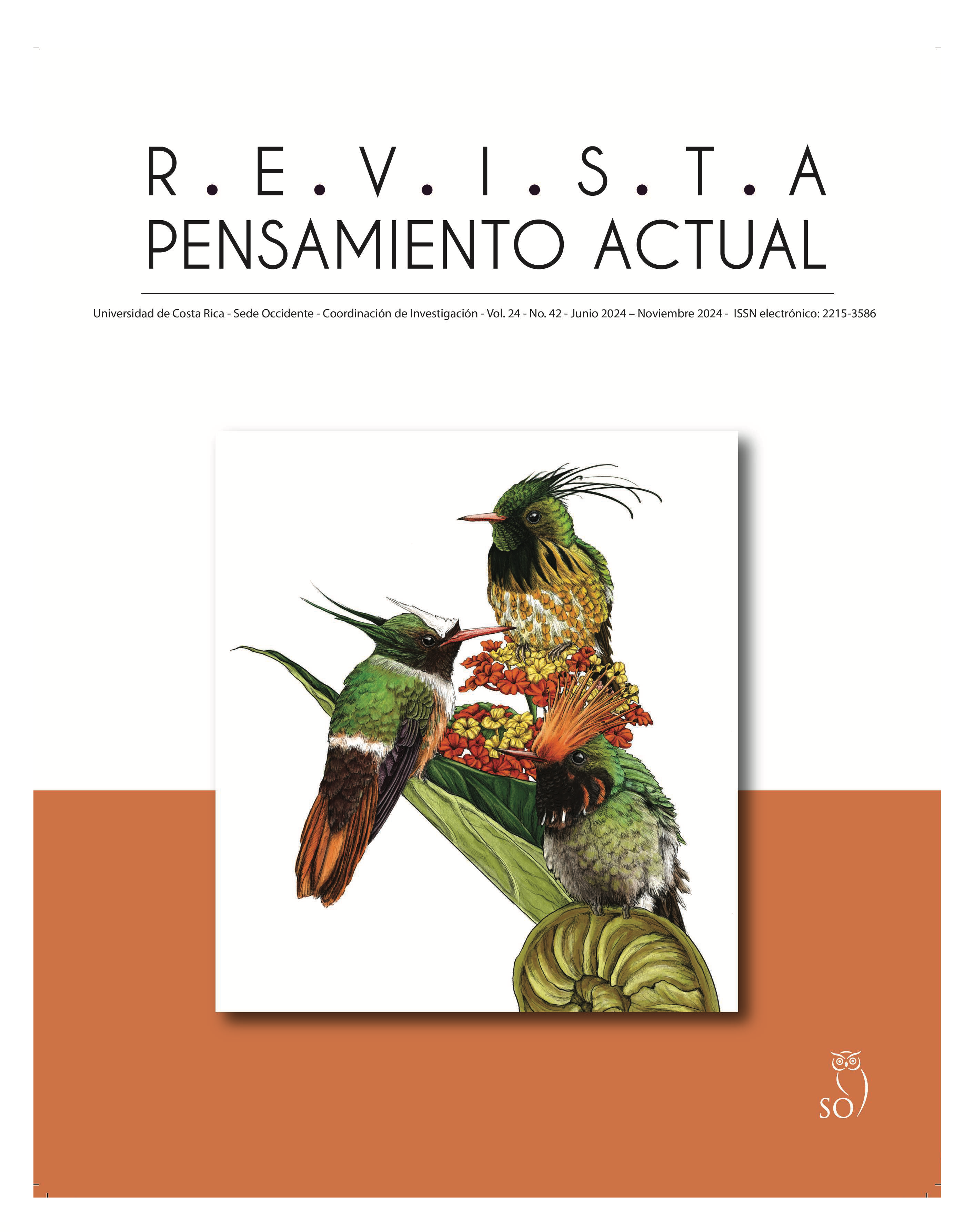Resumen
La naturaleza de la matemática reside en la formulación de problemas (visión más allá de un carácter instrumentalista y platónico). A partir de este hecho concreto, el proceso de enseñanza y aprendizaje debe estar directamente condimentado con esta realidad. Luego, en un análisis más detallado se precisa dos planos donde se concibe esta filosofía de resolución de problemas en el salón de clases. El primero de estos, un plano conceptual, donde se plantea concepciones que sustenta la base filosófica en que descansa el quehacer matemático. El segundo, un plano procedimental o algorítmico, donde se hace hincapié en una visión diferente de lo que se entiende por algoritmo o conjunto de reglas. Se extiende a una visión en que el estudiante, con la ayuda del docente, reconstruya a partir de un problema, elementos procedimentales, que no dejan de lado, en lo absoluto, una interiorización conceptual propia de la ciencia matemática (habilidades cognitivas). Se hace una extensión de los alcances de la matemática, su relación con otras áreas del saber y el papel de un docente conexionista. Dentro de esta perspectiva, se busca que el estudiante logre ir construyendo (de acuerdo con su nivel) modelos mentales que le permita “matematizar” situaciones reales.
Citas
Alfaro, C. (2006). Las ideas de Pólya en la resolución de problemas. Revista cuadernos de investigación y formación en educación matemática, 1 (1), 1-13.
Alfaro, C., Gamboa R. y Ruiz, A. (2006). Conceptos, procedimientos y resolución de problemas en la lección de matemáticas. Revista cuadernos de investigación y formación en educación ma-temática, 1 (1), 1-14.
Alsina, Berciano, Marbán y Novo, (2017). Inteligencia conectiva para la educación matemática infantil. Revista Científica de Educomunicación. 25 (52), 29-39.
Aragón, E., Castro, C., Gómez, B. y González, R. (2009). Objetos de aprendizaje como recursos didácticos para la enseñanza de la matemática. Revista Nueva Época. 9 (11)100-111.
Araya, J.A. y Barrantes, H. (2010). Competencias Matemáticas en la Enseñanza Media.Revista Cuadernos de Investigación y Formación en Educación Matemática. 5 (6), 39-62.
Ávila, A. (2011). En matemáticas... ¿qué nos dejaron las reformas de fin del siglo XX? Revista Cuadernos de Investigación y Formación en Educación Matemática, 6 (9), 39-50.
Barrantes, H. (2008). Creencias sobre las Matemáticas en Estudiantes de la Enseñanza Media Costarricense. Revista Cuadernos de Investigación y Formación en Educación Matemática. 3 (4), 45-69.
Buendía, L., Colás, M. y Hernández, F. (1998). Métodos de Investigación en Psicopedagogía. España: McGraw-Hill.
Bulut, S. y Sonay. Z. (2014). Experimental Study on Mathematical Problem Solving Approach with Pre-service Elementary Teachers. Revista Pamukkale Üniversitesi Eğitim Fakültesi Dergisi. 2 (36), 45-57.
Gonsalves, N. y Krawee, J. (2014). Using Number Lines to Solve Math Word Problems: A Strategy for Students with Learning Disabilities. Revista Learning Disabilities Research & Practice. 29 (4), 160-170.
National Council of Teachers of Mathematics. (1980). An agenda for action. Reston,
VA: NCTM.
Rasmussen, L. (2011). La educación matemática a nivel infantil. Revista Cuadernos de Investigación y Formación en Educación Matemática. 6 (7), 71-91.
##plugins.facebook.comentarios##

Esta obra está bajo una licencia internacional Creative Commons Reconocimiento-NoComercial-CompartirIgual 3.0.
Derechos de autor 2024 Pensamiento Actual


